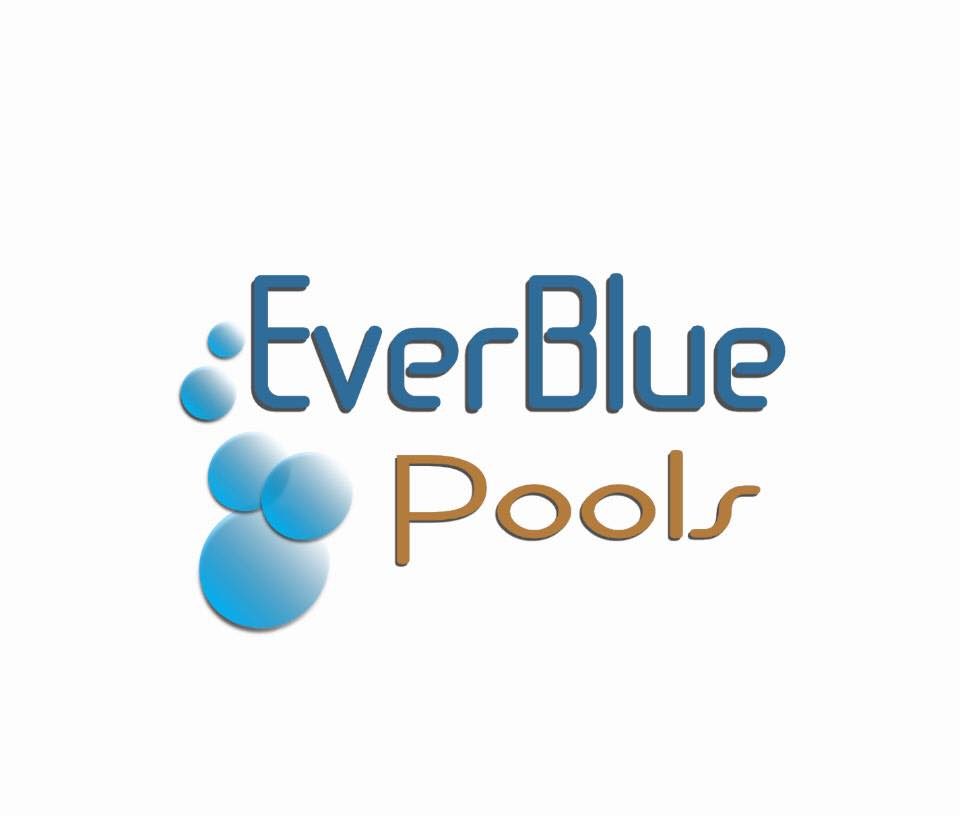How to Choose the Best Pool Filter for Your Needs: A Detailed Comparison
When it comes to pool maintenance, one of the most important decisions you’ll make is choosing the right pool filter. Your filter plays a crucial role in keeping your pool water clean and clear by trapping debris and contaminants. But with so many options available, how do you choose the best one for your pool? In this blog, we’ll compare the three most common types of pool filters—sand, cartridge, and diatomaceous earth (DE)—and help you decide which one is right for you.
1. Sand Filters
Pros:
- Low Maintenance: Sand filters are the easiest to maintain. They require periodic backwashing to clean the sand inside, and the maintenance tasks are relatively simple.
- Affordable: These filters are typically the most affordable option, making them a great choice for budget-conscious pool owners.
- Durability: Sand filters can last many years with proper care. Cons:
- Lower Filtration Quality: Sand filters are effective at trapping larger debris, but they aren’t as efficient at removing very fine particles. This can leave your water looking less clear compared to other filter types.
- Backwashing Required: Over time, the filter becomes clogged with debris, requiring you to backwash the sand to clear it out. This process wastes water and can be a hassle. Filtration Quality (Microns): Sand filters can typically filter particles as small as 20-40 microns. While they remove larger debris, they may not capture smaller contaminants that affect water clarity. Best For: Pool owners with smaller pools or those who don’t mind performing regular maintenance. Sand filters are ideal if you’re looking for a budget-friendly and low-maintenance option.
2. Cartridge Filters
Pros:
- Better Filtration: Cartridge filters provide superior filtration compared to sand filters. They can capture smaller particles, leading to cleaner, clearer water.
- No Backwashing Needed: Instead of backwashing, you simply clean or replace the cartridges, saving water and reducing your environmental impact.
- Easy Maintenance: Cleaning the cartridges is simple and doesn’t require special tools or processes. Cons:
- Higher Initial Cost: Cartridge filters are typically more expensive than sand filters, both in terms of purchase price and replacement cartridges.
- Cartridge Replacement: Cartridges need to be replaced every 1-3 years, depending on usage, which adds ongoing maintenance costs. Filtration Quality (Microns): Cartridge filters can filter particles as small as 10-15 microns. This makes them more effective than sand filters in removing fine particles and maintaining clearer water. Best For: Pool owners who want a balance of excellent filtration, ease of maintenance, and water savings. Cartridge filters are ideal if you have a moderate to large pool and want better water clarity without spending excessive time on upkeep.
3. Diatomaceous Earth (DE) Filters
Pros:
- Superior Filtration: DE filters offer the best filtration quality, trapping even the tiniest particles, making your pool water look crystal clear.
- Highly Efficient: DE filters are highly efficient and can handle large volumes of debris, making them suitable for pools with heavy use or large pools.
- Cleaner Water: With DE filters, you can expect the clearest water possible, thanks to their ability to filter out the smallest contaminants. Cons:
- More Maintenance: DE filters require more frequent maintenance than sand or cartridge filters. You must add DE powder after each backwash, and regular cleaning of the grids is necessary.
- Expensive: Both the initial purchase and ongoing maintenance costs are higher than sand or cartridge filters. Filtration Quality (Microns): DE filters can filter particles as small as 1-3 microns, providing the finest level of filtration and resulting in extremely clear pool water. Best For: Pool owners who prioritize water clarity and are willing to invest in more maintenance. DE filters are ideal for large pools, pools with heavy debris, or those that require the highest level of filtration.
Which Pool Filter Is Right for You?
Choosing the best filter for your pool depends on several factors, including the pool size, your maintenance preferences, and the level of water clarity you desire.
- For Low Maintenance and Budget-Conscious Owners: Sand filters are the best option if you need an affordable, low-maintenance solution. They may not provide the clearest water, but they’re sufficient for pools with lighter debris levels.
- For Better Filtration and Moderate Maintenance: Cartridge filters strike a great balance between efficiency and ease of maintenance. If you want clearer water without constant upkeep, they’re an excellent choice.
- For the Best Water Clarity and Maximum Filtration: DE filters are the gold standard for water clarity. They require more maintenance but provide the finest filtration, ensuring your pool stays sparkling clean.
Conclusion
When choosing a pool filter, consider your pool’s size, the amount of debris, and how much time you’re willing to invest in maintenance. While sand filters are affordable and low-maintenance, they provide less effective filtration. Cartridge filters offer a good compromise with better filtration and lower water waste. For those who want the best possible water clarity and don’t mind extra maintenance, DE filters are the ideal choice.
No matter which filter you choose, proper maintenance is key to ensuring long-lasting, efficient performance. Regularly checking and cleaning your filter, as well as monitoring water quality, will help keep your pool in top shape throughout the year.
